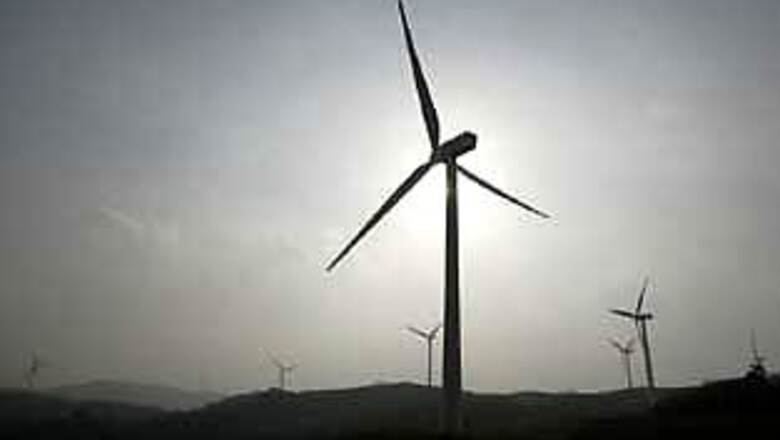
views
The Sunday Times carried a rather large "correction" Monday that, once read alongside the original offending article, amounted to a complete retraction. In fact, it was a giant climbdown.
In 'The Sunday Times and the IPCC: Correction', the paper refers to a news page story on 31 January headlined "UN climate panel shamed by bogus rainforest claim" (removed from the Sunday Times site, but available, disgracefully, on this site).
The article stated that the 2007 Intergovernmental Panel on Climate Change (IPCC) report had included an "unsubstantiated claim" that up to 40% of the Amazon rainforest could be sensitive to future changes in rainfall.
The IPCC had referenced the claim to a report prepared for the World Wildlife Fund (WWF) by Andrew Rowell and Peter Moore, who were described as "green campaigners" with "little scientific expertise."
The Sunday Times article also stated that the authors' research had been based on a scientific paper that dealt with the impact of human activity rather than climate change.
In fact, as the paper now concedes, the IPCC's Amazon statement was supported by peer-reviewed scientific evidence. In the case of the WWF report, the figure had, in error, not been referenced, but was based on research by the respected Amazon Environmental Research Institute (IPAM) which did relate to the impact of climate change.
The "correction" added: "We also understand and accept that Mr Rowell is an experienced environmental journalist and that Dr Moore is an expert in forest management, and apologise for any suggestion to the contrary."
But there was more humble pie to eat, because the article also quoted criticism of the IPCC's use of the WWF report by Dr Simon Lewis, a Royal Society research fellow at the University of Leeds and a leading specialist in tropical forest ecology. He made no such criticism.
So the paper had to retract its remarks about him too. "We accept that, in his quoted remarks, Dr Lewis was making the general point that both the IPCC and WWF should have cited the appropriate peer-reviewed scientific research literature.
"As he made clear to us at the time, including by sending us some of the research literature, Dr Lewis does not dispute the scientific basis for both the IPCC and the WWF reports' statements on the potential vulnerability of the Amazon rainforest to droughts caused by climate change."
And there was yet more because this wholly misconceived article had also stated that Dr Lewis's concern at the IPCC's use of reports by environmental campaign groups related to the prospect of those reports being biased in their conclusions.
Therefore the Sunday Times added: "We accept that Dr Lewis holds no such view – rather, he was concerned that the use of non-peer-reviewed sources risks creating the perception of bias and unnecessary controversy, which is unhelpful in advancing the public's understanding of the science of climate change.
"A version of our article that had been checked with Dr Lewis underwent significant late editing and so did not give a fair or accurate account of his views on these points. We apologise for this."
UPDATED PAR
I think that sets the gold standard in "corrections". Its publication was brokered by the Press Complaints Commission, and I understand from the PCC that there were good reasons for the four-and-a-half-month gap between the article appearing and the settlement.
But why did it take so long for the paper to admit it had got the whole thing wrong. And why didn't its headline simply say: "Sorry, our reporter screwed up and we got it wrong"? Readers would like that candour and regard it as more credible because it had the guts to own up to its mistake.
(Courtesy: http://www.guardian.co.uk)
















Comments
0 comment